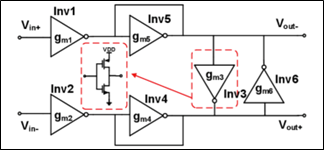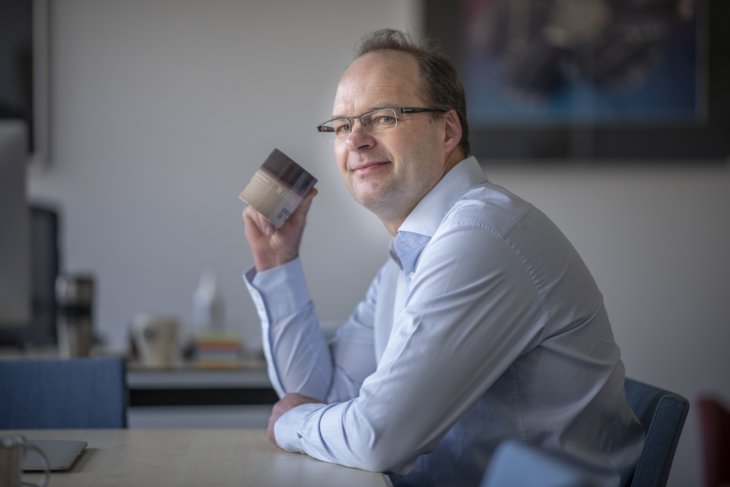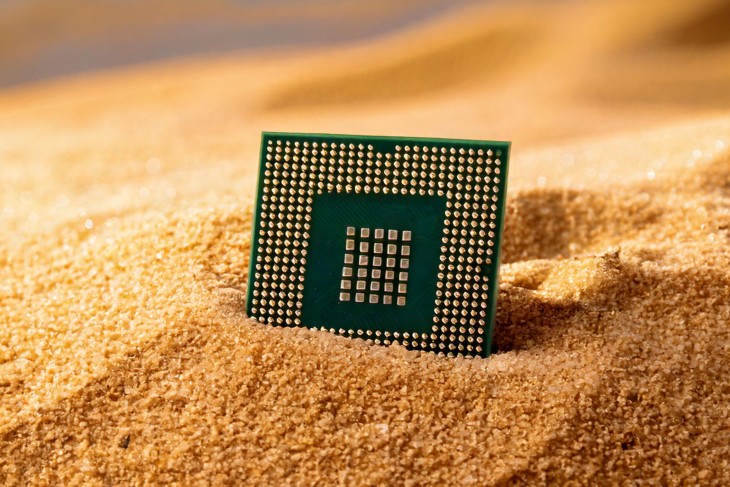An idea in the swimming pool
In 1987, while swimming laps in a pool, Bram Nauta had an idea that would revolutionize the world of electronics. As a PhD candidate at the University of Twente, he wondered how to make chips more efficient. His challenge? Combining speed and energy efficiency in signal processing.
After climbing out of the pool, he asked the lifeguard for pen and paper and sketched a groundbreaking circuit that would later conquer the world. This idea became the basis for the Nauta circuit – a technology now embedded in almost every smartphone.
What is the Nauta circuit?
The Nauta circuit is a smart technique that allows very weak signals – such as the vibrations needed for Wi-Fi connections or mobile networks – to be detected and amplified. This process happens in the chips of your phone, enabling it to process data efficiently. Thanks to this circuit, devices can quickly and effectively handle data without draining much energy, such as when loading a website or sending a photo.
A chip needs to process massive amounts of information simultaneously, from videos and apps to messages constantly being sent and received. This must happen quickly without draining the battery. Thanks to Bram Nauta’s innovative approach, this technology combines speed, energy efficiency, and reliability in a single chip.
Unlike traditional amplifiers, the circuit uses a completely new technique that optimises energy usage and processes signals much faster. This makes devices like smartphones not only faster but also significantly more energy-efficient. Without this technology, your apps would load more slowly, and your battery would drain much faster. The Nauta circuit is an essential technology for mobile devices worldwide.

Schematic representation of the Nauta circuit
Twente as a hotspot for chip technology
The success of the Nauta circuit was not only a breakthrough in electronics but also put Twente on the map as a global hotspot for chip technology. After completing his PhD and a successful career at Philips, Bram Nauta returned to the University of Twente with a clear mission: to establish a leading research group in chip technology. And he succeeded: He founded the Integrated Circuit Design (ICD) group, which has grown into a globally recognised leader in microelectronics.
His work laid the foundation for a thriving ecosystem where academia and industry collaborate. Thanks to initiatives like ChipTech Twente, the region has become a key player in the international chip industry.
An invention for the future
The impact of the Nauta circuit extends far beyond smartphones. With the growing demand for smart and sustainable technologies, this invention plays a crucial role in applications such as artificial intelligence, medical technology, and renewable energy. The success of this innovation from Twente highlights the importance of innovation in tackling societal challenges.
So, the next time you use your smartphone, think of Twente. Behind that small piece of technology in your hand lies a big story. It’s not just a chip; it’s a piece of 'Twente innovation' that has changed the world!



